Have you heard of the ZZ plant? “ZZ” stands for Zamioculcas zamiifolia. It is a tough plant that can tolerate low light and infrequent watering, making it a perfect choice for busy people. Here is our ultimate guide that’ll highlight the benefits of ZZ plants, tips for taking care of the plant and its origin.
The best way to find out if you can trust somebody is to trust them. -Ernest Hemingway
With its glossy, dark green leaves, the ZZ plant is a beautiful addition to any home. It’s a flowering plant that is native to Africa. Likewise, it’s long, slender leaves that are arranged in a zig-zag pattern. The zz plant is a drought-tolerant plant that does not require a lot of water to survive.
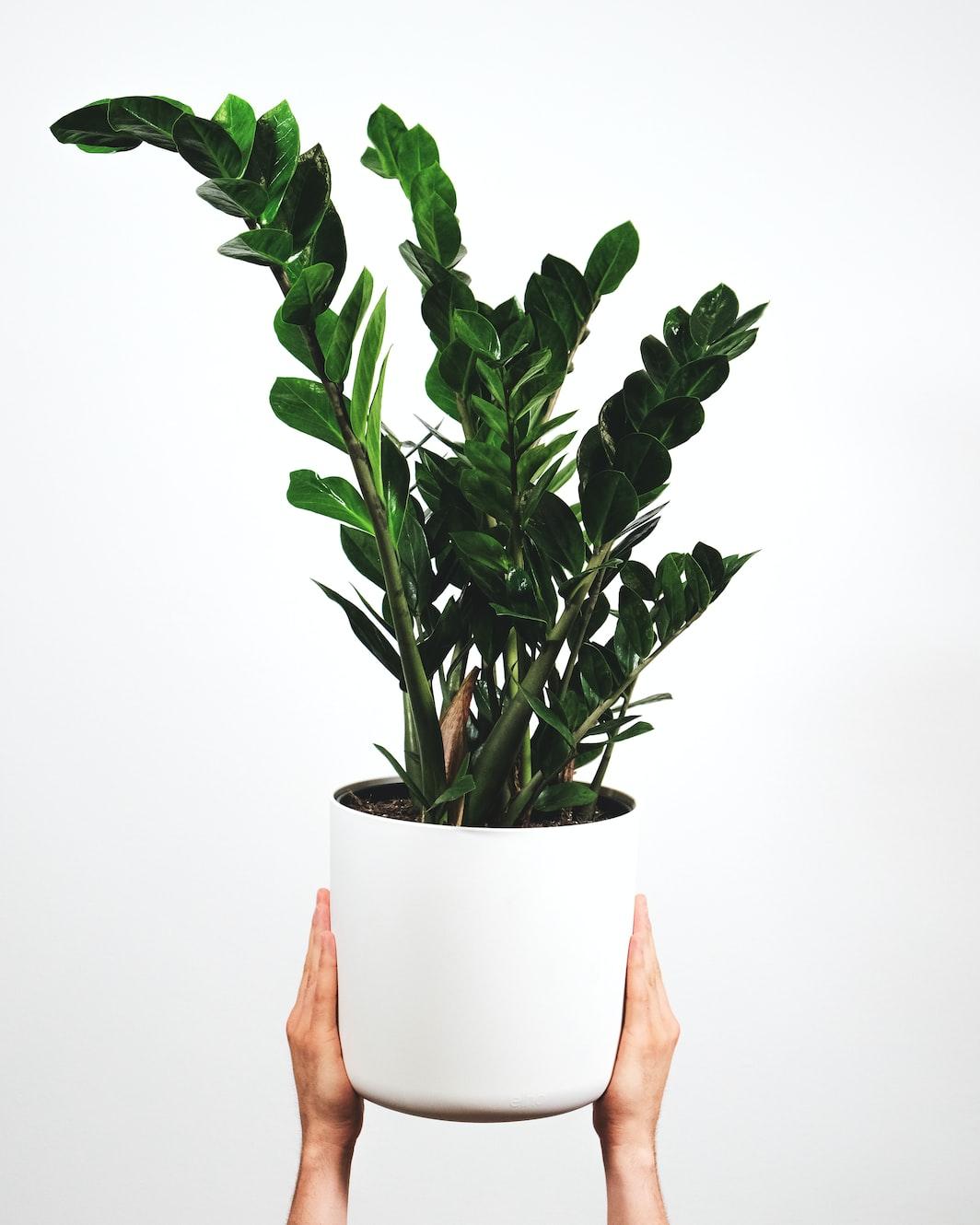
Credit: Unsplash
Moreover, the plant requires little maintenance and is a popular choice for indoor gardens. Although the zz plant is fairly drought-tolerant, it’s important not to let it completely dry out, as this can damage the plant. When watering your zz plant, allow the top inch or so of soil to dry out before giving it a good drink.
In terms of light, the zz plant does best in bright, indirect sunlight. If you notice the leaves starting to yellow or brown, this is a sign that the plant is not getting enough light. Move it to a brighter spot and you should see new growth within a few weeks.
ZZ plants are relatively low-maintaining when it comes to fertilizing. A slow-release fertilizer applied once or twice a year is all that’s needed to keep your plant healthy.
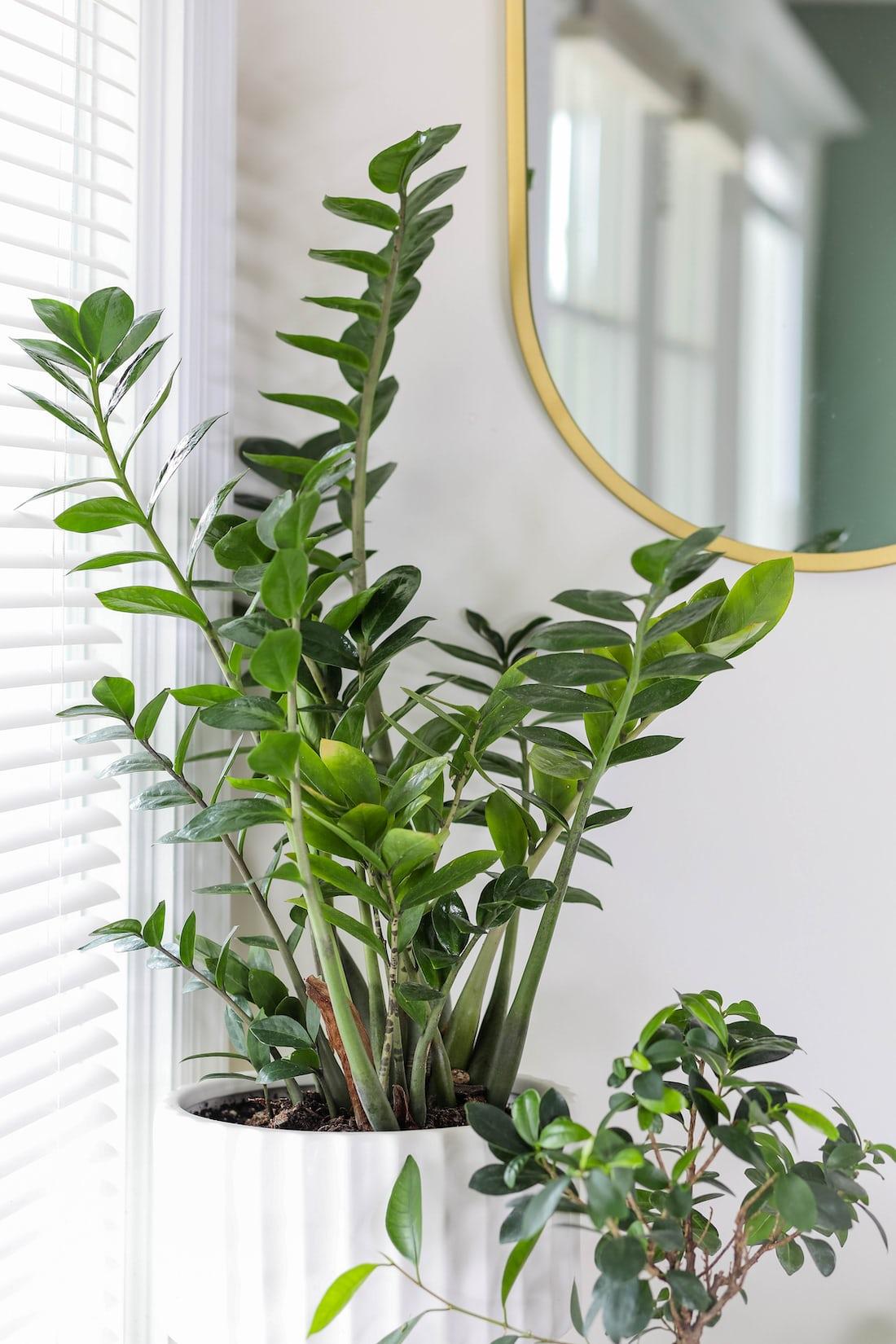
Credit: Unsplash
With proper care, it can thrive for many years, making it a great choice for anyone looking for a long-lasting, low-maintenance indoor plant.
Where Does The Zz Plant Come From?
The zz plant is native to Africa, specifically in Kenya and Tanzania. It grows in dry, rocky areas and is often found in abandoned buildings or on roadsides. The plant gets its name from its zig-zag shaped leaves.
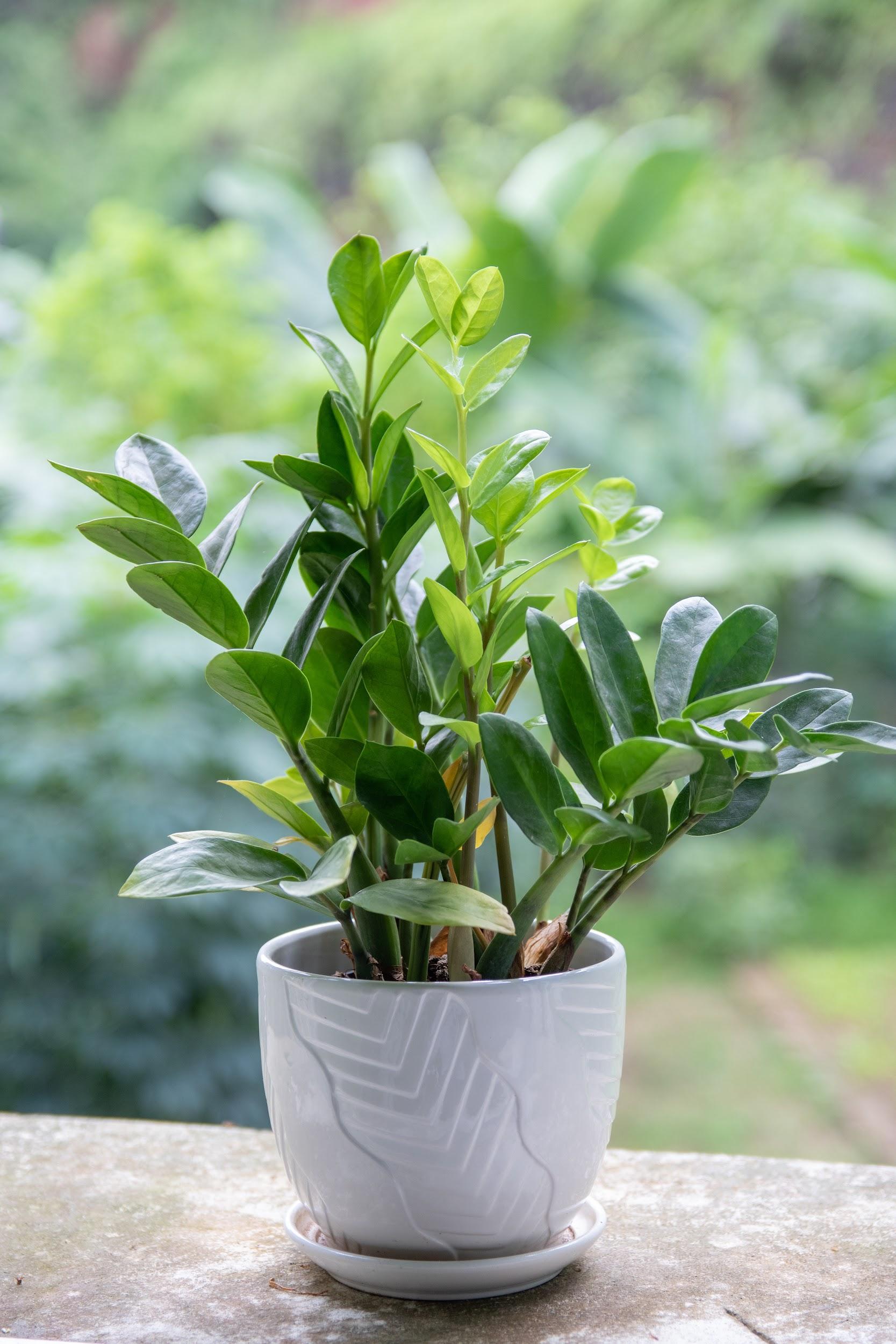
Credit: Pexels
What Are The Benefits Of A ZZ Plant?
ZZ plants are a great addition to any home. They require little maintenance and can thrive in a variety of conditions.
- ZZ plants are known for their ability to purify the air. They can help remove toxins from the air, such as formaldehyde and benzene.
- ZZ plants can tolerate low light conditions. This makes them a great plant for rooms that do not get a lot of natural light.
- The plant is a great choice for anyone looking for a low maintenance plant that can still provide some benefits.
How To Care For A Zz Plant
The zz plant is a tough and easy-to-care-for houseplant that can tolerate a wide range of growing conditions. It is an ideal plant for beginners or those with little experience in caring for houseplants. Here are some tips on how to care for your zz plant:
- Light:
The zz plant does best in bright, indirect light. It can tolerate low light conditions, but will grow slower in these conditions.
- Water:
Water your zz plant when the top inch of soil is dry. Allow the water to drain fully before putting the plant back in its pot. Do not allow the plant to sit in water.
- Fertilizer:
Fertilize your zz plant every two to four weeks during the growing season (spring and summer). Use a balanced, all-purpose fertilizer and follow the manufacturer’s instructions on how to mix and apply it.
- Pruning:
Pruning is not necessary, but you can trim off any dead leaves or stems as needed.
With proper care, your zz plant will thrive and provide you with years of enjoyment.
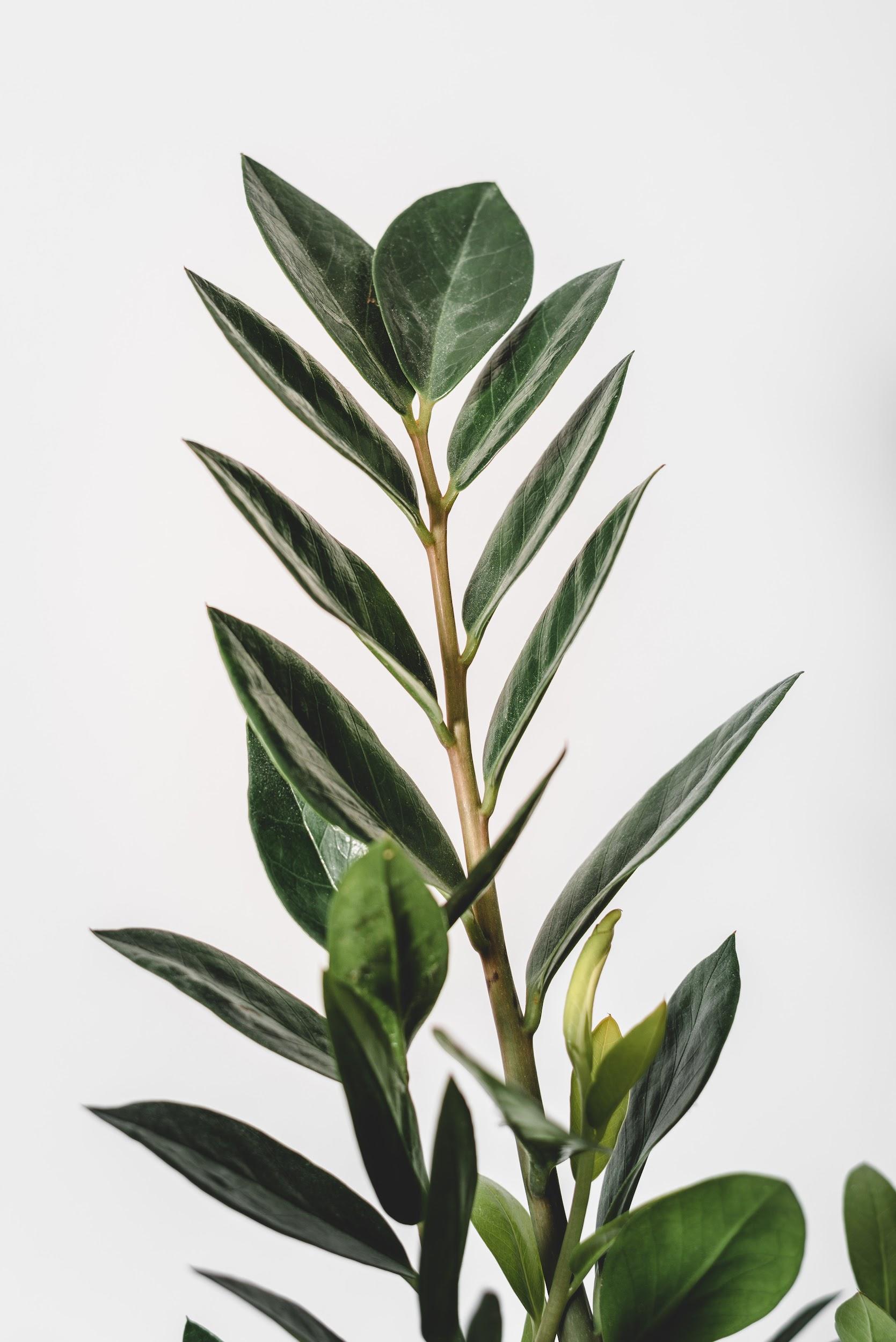
Credit: Pexels
How To Propagate A Zz Plant
ZZ Plant can be propagated by stem cuttings or by division.
Stem Cuttings
- Stem cuttings should be taken from new growth and should be at least 4 inches long.
- Cut just below a node, using a sharp knife or pruning shears.
- Remove the bottom leaves, leaving two or three leaves at the top of the cutting.
- Dip the cut end of the stem in rooting hormone and plant in a well-draining potting mix.
- Water the cutting well and place in a bright, indirect light.
- New roots should form within 4-6 weeks.
- Once the roots have formed, you can transplant the cutting into a larger pot.
Division
- Carefully remove the plant from its pot.
- Using a sharp knife, cut the root ball in half or in quarters.
- Plant each section in its own pot, using a well-draining potting mix.
- Water well and place in a bright, indirect light.
- New growth should appear within a few weeks.
Common Problems With Zz Plants
One common problem with zz plants is that they can be susceptible to mealybugs.
- Mealybugs
They are tiny white insects that suck the sap out of plants, and can cause the leaves of the zz plant to turn yellow and brown. If you see mealybugs on your zz plant, you can try to remove them with a cotton swab dipped in rubbing alcohol.
- ZZ plants can be susceptible to Root Rot.
Root rot is caused by too much water, and can cause the leaves of the plant to turn yellow and brown, and the roots to rot. If you think your zz plant has root rot, you should try to remove the affected roots, and then water the plant less frequently.
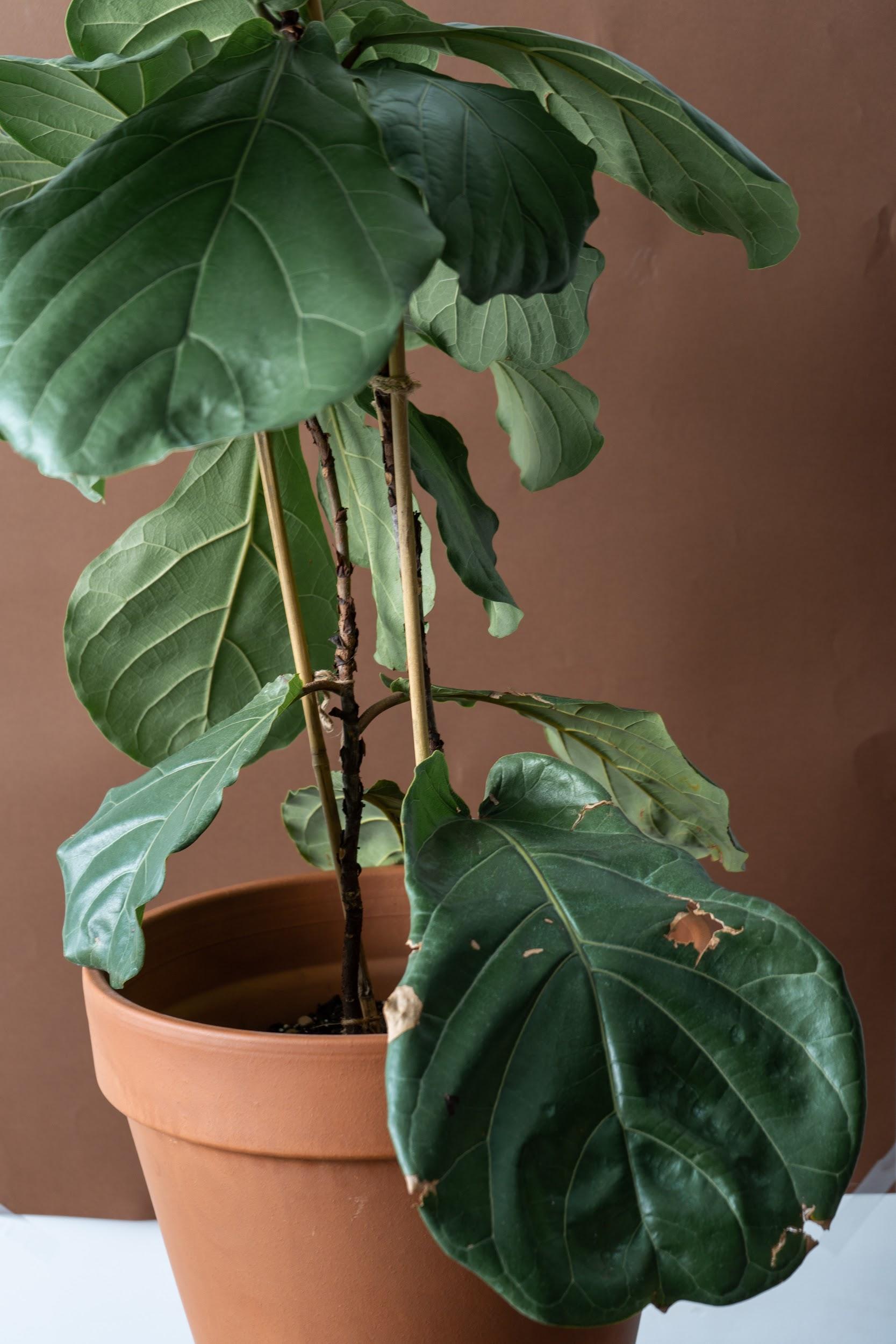
Credit: Pexels
If you see any of these problems with your zz plant, you should try to fix them as soon as possible. Zz plants are generally tough and resilient plants, but if they are not cared for properly, they can start to die.
How To Troubleshoot Common ZZ Plant Problems
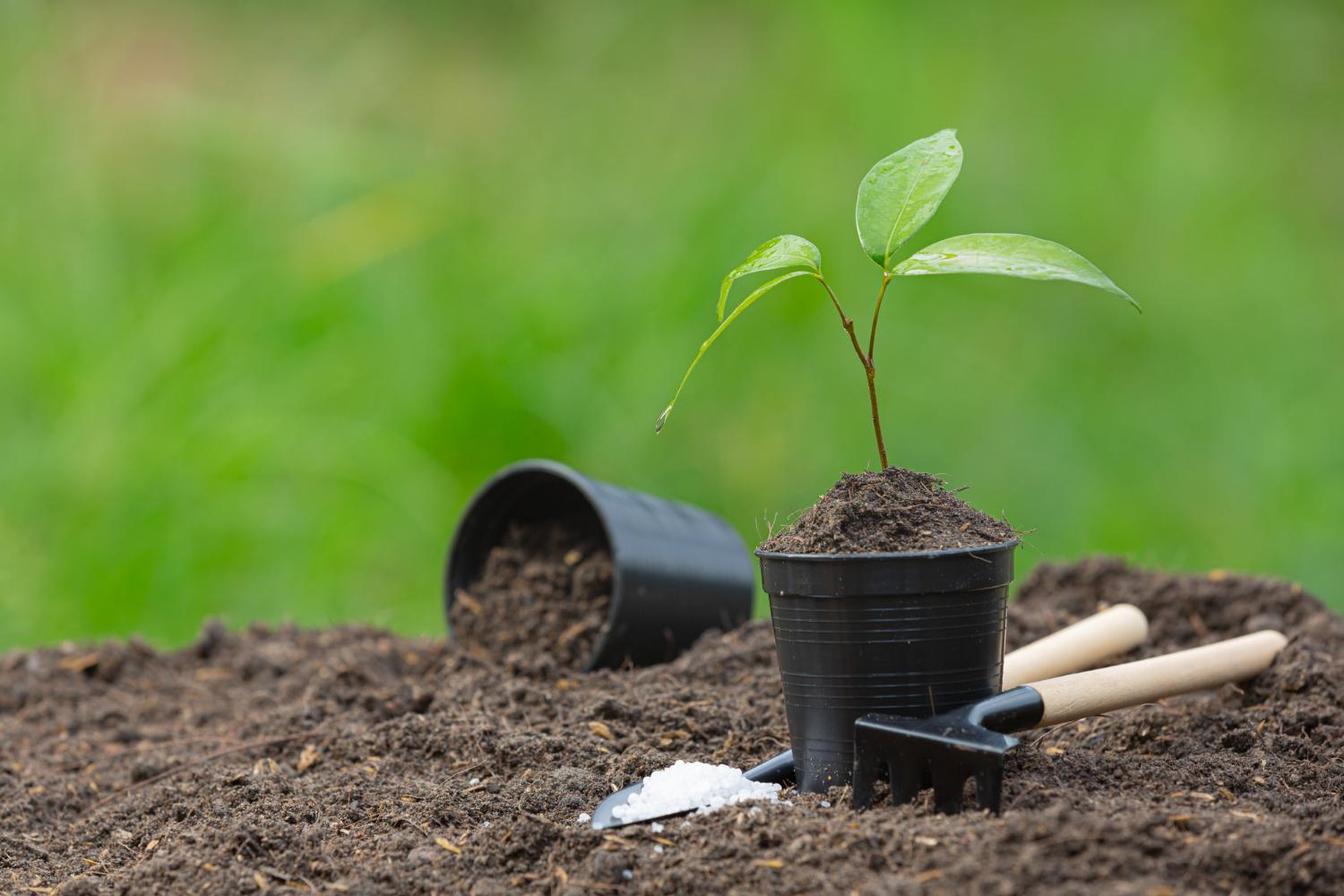
Credit: Freepik
If your zz plant is experiencing any of the following problems, don’t worry! There are easy solutions to help get your plant back on track.
Excess sun
If your zz plant is getting too much sun, the leaves will start to turn yellow. Move your plant to a spot that gets less sunlight and make sure to water it more often.
Inadequate sun
If your zz plant is not getting enough sun, the leaves will start to turn brown. Move your plant to a spot that gets more sunlight and make sure to water it less often.
Excess water
If you’re watering your zz plant too often, the leaves will start to turn yellow and then brown. Let the soil dry out completely between watering and make sure the pot has drainage holes to help excess water escape.
Not enough water
If you’re not watering your zz plant enough, the leaves will start to turn brown. Water your plant more often and make sure the pot has drainage holes to help excess water escape.
Fertilizer
If you want to fertilize your zz plant, use a balanced fertilizer that’s meant for indoor plants. Apply the fertilizer according to the package directions.
Pests
If you see pests on your zz plant, such as aphids, mealybugs, or spider mites, you can remove them by hand or with a spray made of water and dish soap.
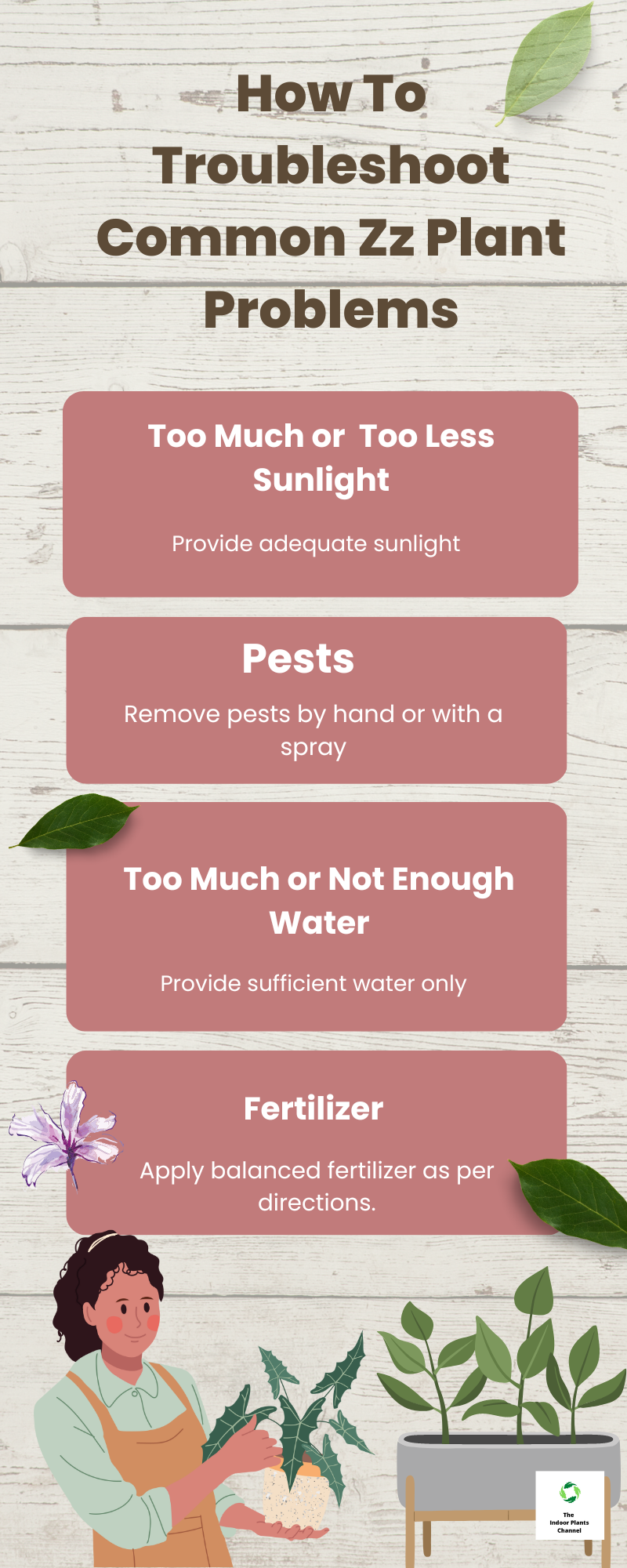
10 Reasons To Love ZZ Plants
- ZZ plants are one of the most low-maintenance plants out there.
- They are perfect for busy people or those with a black thumb.
- ZZ plants are very tolerant of neglect and can go weeks without water.
- They are great for purifying the air and can help remove toxins from your home.
- ZZ plants are very easy to propagate.
- They are almost impossible to kill.
- ZZ plants can tolerate low light conditions.
- They make a great addition to any home or office.
- ZZ plants are known to bring good luck.
- They make a great gift for any plant lover.
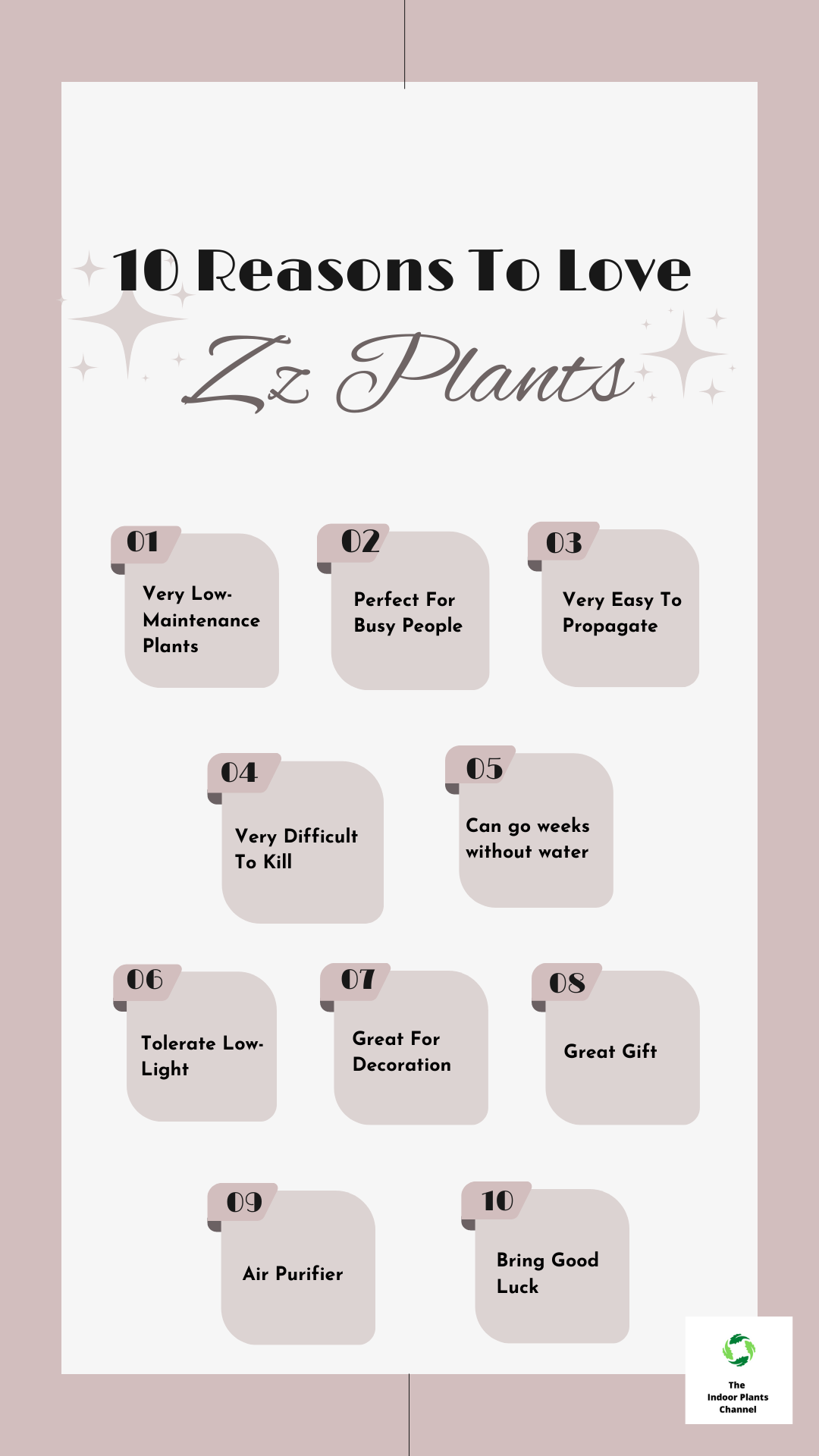
Reasons To Hate Zz Plants
- They are ugly.
- They are difficult to care for.
- They are poisonous.
- They are invasive.
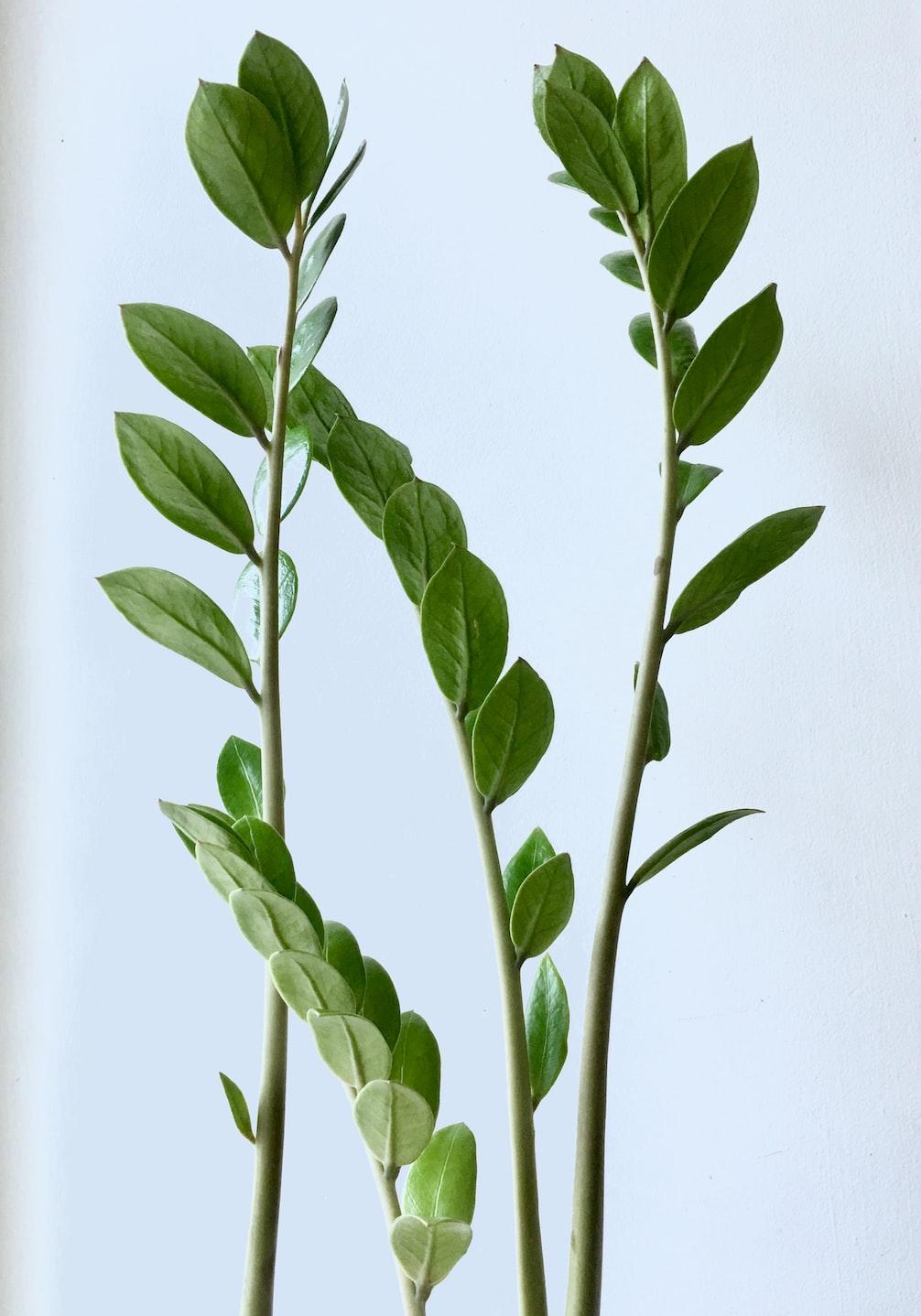
Credit; Unsplash
Frequently Asked Questions
How often should I water my ZZ Plant?
ZZ Plants should be watered about once a week, or when the soil feels dry to the touch. Over-watering can cause the leaves to turn yellow and drop off, so be sure to not water too often.
How much light does a ZZ Plant need?
ZZ Plants can tolerate low light conditions, but they will thrive in bright, indirect light. If you are growing your ZZ Plant indoors, place it in a spot near a window where it will receive indirect sunlight.
What type of soil does a ZZ Plant need?
ZZ Plants prefer well-draining, sandy soils. If your soil is heavy or clay-like, you can mix in some perlite or sand to help improve drainage.
How do I propagate a ZZ Plant?
ZZ Plants can be propagated by division. To do this, carefully remove the plant from its pot and divide the root ball into two or more sections. Replant each section in its own pot and water well.
Are ZZ Plants poisonous?
ZZ Plants are not poisonous, but they are considered to be a mildly toxic plant. If ingested, they can cause gastrointestinal irritation. Keep your ZZ Plant out of reach of children and pets.
Bonus Tip
- Place the zz plant in a bright spot, but out of direct sunlight.
- Water the plant when the soil feels dry to the touch.
- Fertilize the plant once a month with a half-strength fertilizer.
- Remove any dead leaves or stems as needed.
- Make sure that it has plenty of bright, indirect light.
Conclusion
If you’re looking for a low-maintenance, easy-to-care-for houseplant, the ZZ plant is a great option. With its glossy green leaves and tolerant nature, it’s a plant that can thrive in a wide range of conditions. Whether you’re a beginner or a seasoned plant parent, the ZZ plant is a great choice for your home.
Michelle Wilde
Related posts
5 Comments
Leave a Reply Cancel reply
![]()
About Michelle Wilde
Michelle Wilde is a stay-at-home mom and avid plant lover. Armed with a post-graduate degree in Computer Science (no kidding!), she loves researching plants and landscapes. When she is not caring for her 4 kids, she spends time on her passion for plants. She blogs at www.indoorplantschannel.com, the trusted source for indoor plants.
Learn more
Subscribe
* You will receive the latest posts and updates about indoor plants!
Search
Recent Posts
Categories
- Beginner Guides (10)
- FAQ (206)
- General (2)
- How-To Guides (212)
- Indoor Plants (214)
- Pest Management (2)
- Plant Problem Solutions (4)
- Seasonal Growing (2)
- Specialized Environments (2)
- Specific Plant Care (3)
- Technical Growing (2)
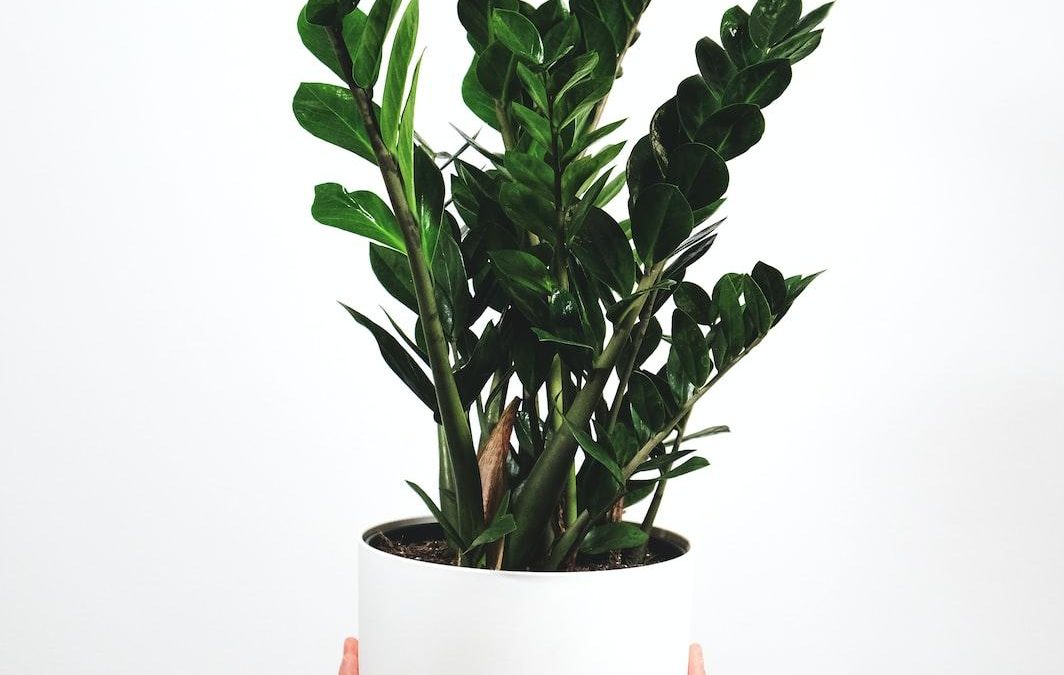
[…] for a way to improve the quality of the air in your home? Check out our list of the best indoor plants for clean […]
[…] sure which ZZ plant variety is right for you? Here’s a quick guide to help you choose the best one for your […]
[…] Looking for a low-maintenance houseplant that can thrive in almost any conditions? Meet the ZZ plant! […]
[…] ZZ plant is a great choice for those who are looking for a plant that is both easy to care for and […]
[…] ZZ plants […]